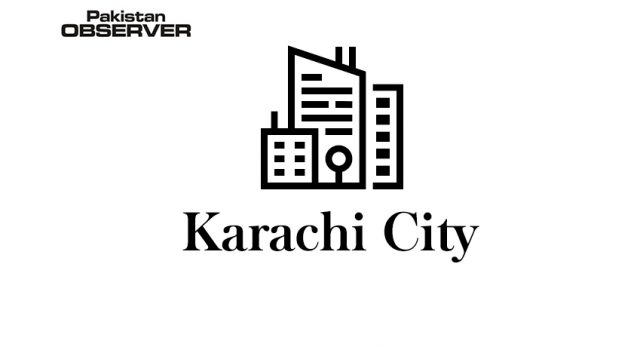The country’s petrol crisis is persisting despite notices and directives from the very top to ensure continuous provision of petrol to the masses. In the latest attempt to crack down on elements involved in creating the artificial shortage of petrol, officials of the investigation committee formed by the Ministry of Petroleum raided the Port Qasim terminal and found another private oil company involved in black market trade and stock hoarding. According to details, a case has been registered against the private oil company at nearby police station. The case was registered on the complaint of member Fuel Crisis Committee Muhammad Qasim, according to which the company has been held responsible for the current petrol crisis. Previously, a case was registered against two other oil companies in Kemari as well on the charge of being involved in black market trading and hoarding.On the other hand, the CEOs of three private petroleum companies did not appear today despite the The Federal Investigation Agency’s repeated summons on the issue of stockpiling and black market trading of petroleum products. It is to be noted that since the reduction in prices of petrol since June 1, a petrol crisis has risen across the country and the government has so far failed to completely address this issue. The Federal Investigation Agency (FIA) has launched an investigation on the directive of Prime Minister Imran Khan and it, along with other concerned agencies, raided the depot of a private oil company at Kemari oil field where large fuel reserves were being hoarded. The petroleum division has stated that there’s 272,000 tonnes of petrol and 376,000 tonnes of diesel which is good enough to cover 12 days and 17 days, respectively. Pakistan’s crisis-struck economy has been crawling through troubled times and its woes have only been increased manifold by the Covid-19 crisis. Fuel bills generated from oil imports are a major area of expenditure here. And despite global crude oil prices being relatively cheap currently, analysts suspect it could well be a little too costly for Pakistan to afford in current times.










